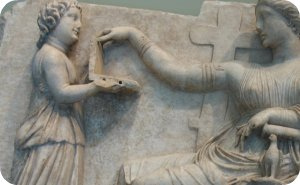Reed Construction Data v. McGraw Hill Companies, No. 09-8578 (S.D.N.Y. September 14, 2010)
Court refuses to dismiss lawsuit in which plaintiff accused its competitor of paying others to subscribe to plaintiff’s proprietary database to get confidential information.
Plaintiff and defendant are fierce competitors that provide project news and information to the construction industry. (Really the parties are the only nationwide providers in this market space.) The companies sell subscriptions to their respective databases. Plaintiff requires its subscribers to sign a nondisclosure agreement, making them promise not to share information obtained from the database with others outside the subscriber’s company.
After plaintiff figured out that a copule of its subcribers worked for sham enterprises, it got wise to the notion that defendant had hired those subscribers to access the database. Plaintiff sued, claiming, among other things, misappropriation of confidential information under New York law.
Defendant moved to dismiss for failure to state a claim. The court denied the motion.
To state a claim for misappropriation of confidential information, plaintiff had to allege that defendant used plaintiff’s confidential information for the purpose of securing a competitive advantage. Defendant argued that a tort action for misappropriation was not proper because all that had happened was a use of information in violation of the nondisclosure agreements with the individuals allegedly hired by defendant to access plaintiff’s database.
The court rejected this argument for two reasons. First, plaintiff had not alleged that defendant was a party to the contract. So the liability could not be constrained to just breach of contract. Moreover, the court found, that the tortious conduct of misappropriation had a separate and additional existence apart from any contractual relationship, even if such a relationship did exist. The misappropriation sprang from circumstances extraneous to, and not constituting elements of, the subscription agreements with the parties defendant allegedly hired to access plaintiff’s information.

